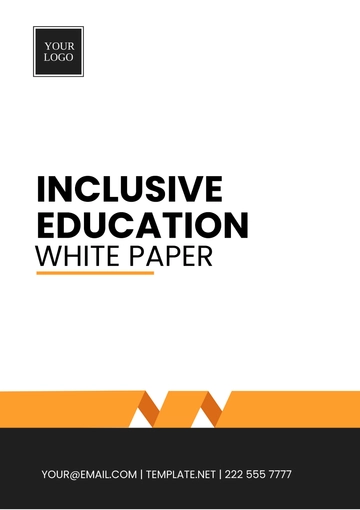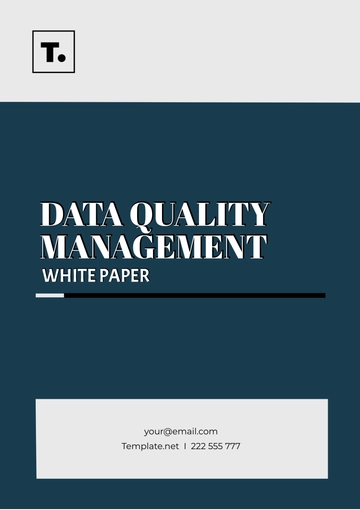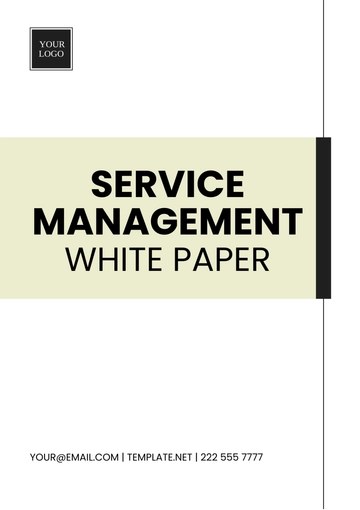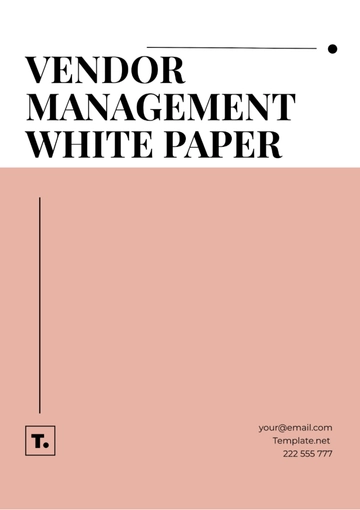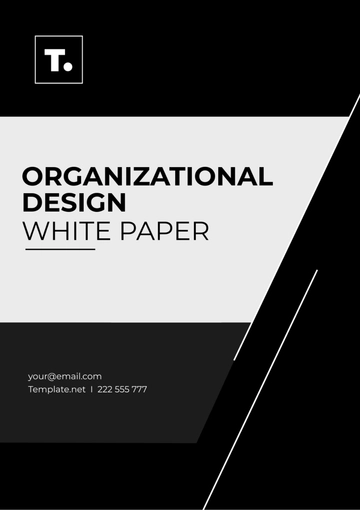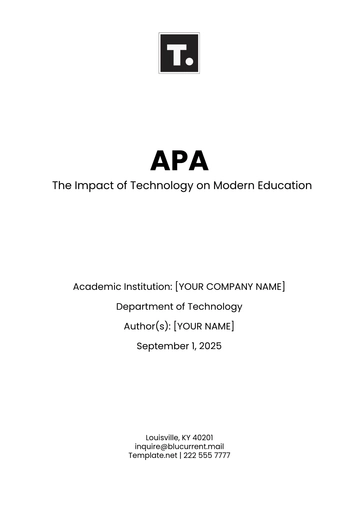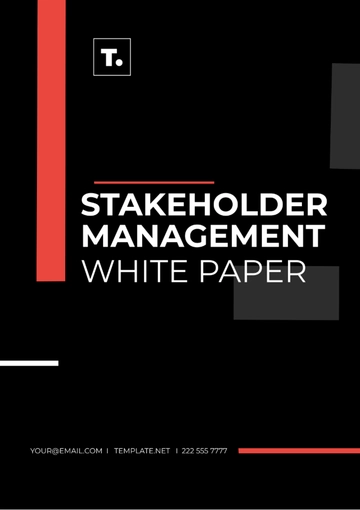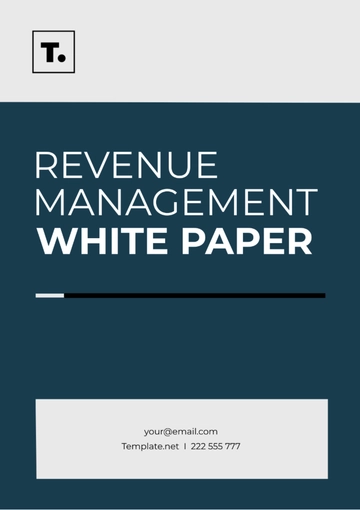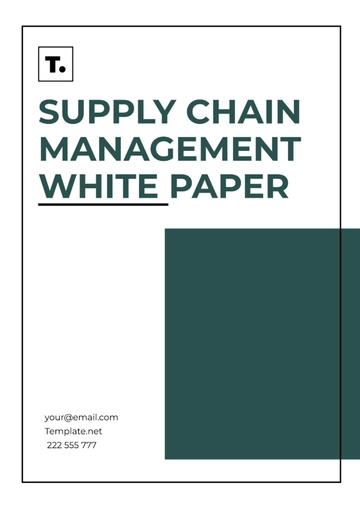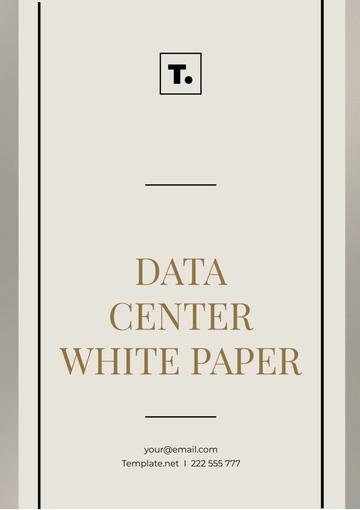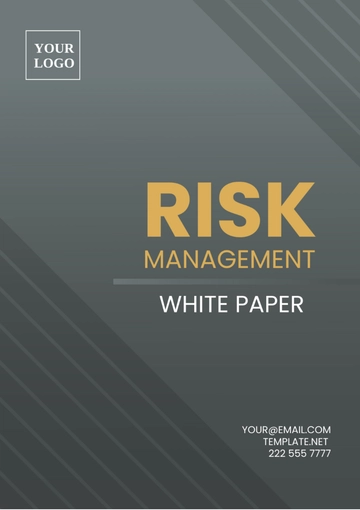Free Environmental Awareness Course White Paper
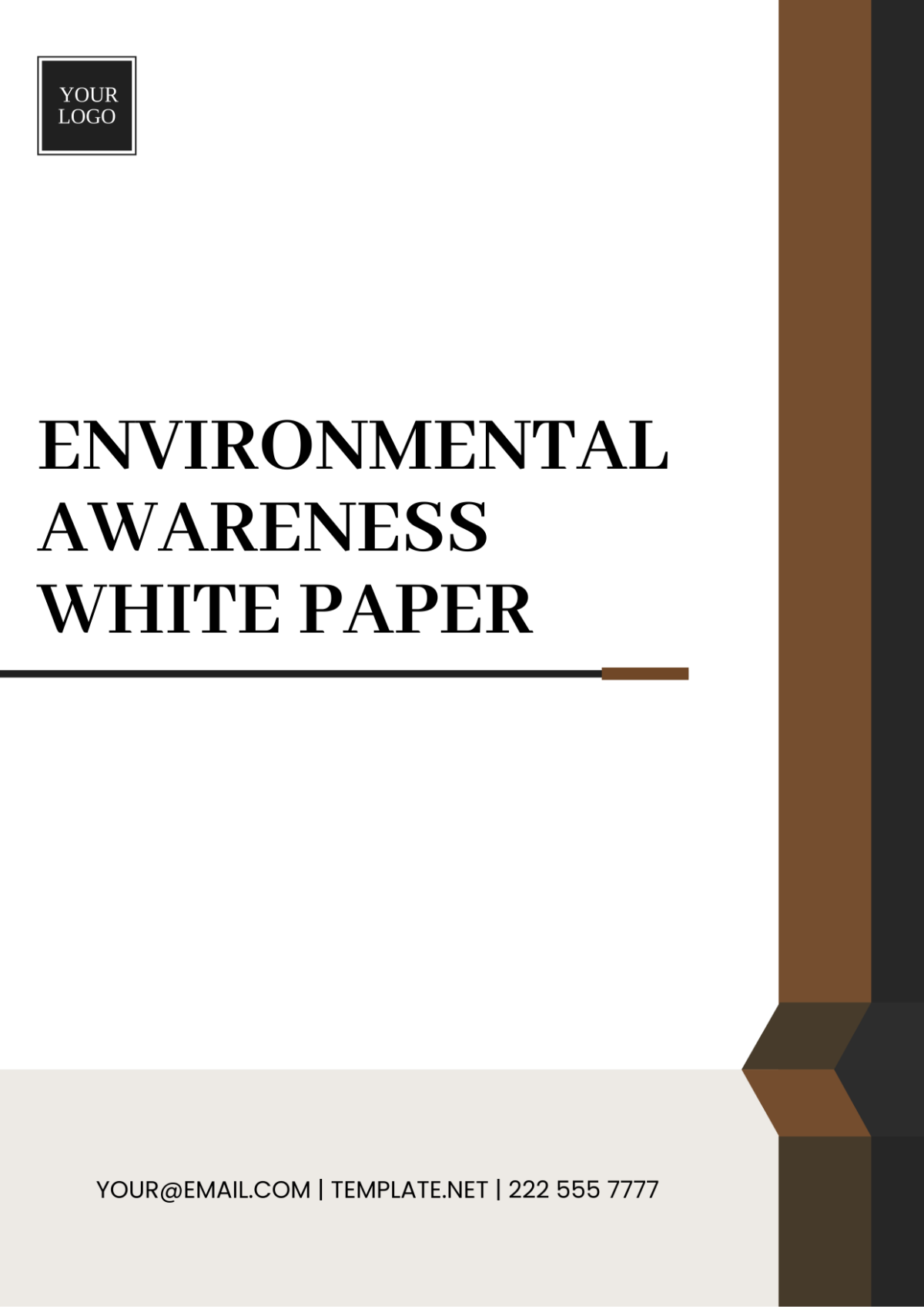
I. INTRODUCTION

In today's rapidly changing world, environmental issues have become increasingly urgent. As a response, the demand for comprehensive environmental education has grown exponentially. This white paper serves as a guide for organizations and individuals seeking to develop impactful environmental awareness courses.
II. EXECUTIVE SUMMARY
Environmental awareness courses play a pivotal role in educating diverse audiences about the pressing environmental challenges we face and empowering them to take action. This white paper outlines the curriculum, learning objectives, instructional methods, and resources necessary to create effective environmental education programs tailored to various audiences.
III. ENVIRONMENTAL EDUCATION CURRICULUM
A. Course Overview
The environmental awareness courses aim to provide participants with a comprehensive understanding of environmental issues, sustainability practices, and strategies to mitigate ecological impact. These courses are designed to cater to students, employees, community members, and businesses who seek to deepen their knowledge and contribute to a more sustainable future.
B. Learning Objectives
Upon completing the courses, participants will be able to:
Identify key environmental challenges facing our planet
Understand the principles of sustainability and their applications in different contexts
Implement practical strategies to reduce their environmental footprint
Advocate for environmental conservation and stewardship in their communities
C. Course Modules
Introduction to Environmental Issues
Overview of global environmental challenges such as climate change, biodiversity loss, and pollution
Discussion on the interconnectedness of environmental, social, and economic systems
Sustainability Practices
Examination of sustainable practices in industries such as agriculture, energy, and transportation
Case studies highlighting successful sustainability initiatives and their impact
Ecological Impact Mitigation
Strategies for reducing energy consumption, waste generation, and water usage
Practical tips for adopting eco-friendly habits in daily life and at the workplace
D. Instructional Methods
The courses will utilize a variety of instructional methods to engage participants and facilitate effective learning experiences, including:
Interactive lectures with multimedia presentations
Group discussions and case study analyses
Hands-on activities such as sustainability audits and eco-friendly DIY projects
Guest speakers from environmental organizations and industry experts
E. Assessment and Evaluation
Participants' learning will be assessed through a combination of quizzes, assignments, and project presentations. Additionally, feedback surveys will be conducted at the end of each course to evaluate the effectiveness of the curriculum and instructional methods.
IV. RESOURCES

A. Required Materials
Textbooks: "An Inconvenient Truth" by Al Gore, "Cradle to Cradle: Remaking the Way We Make Things" by William McDonough and Michael Braungart
Online Articles: National Geographic's "Environmental Issues" series, Yale Environment 360
Multimedia Tools: Documentaries such as "Our Planet" and "Before the Flood," educational videos from TED-Ed and Khan Academy
B. Additional Reading
For further reading on environmental issues, sustainability practices, and related topics, we recommend:
"Drawdown: The Most Comprehensive Plan Ever Proposed to Reverse Global Warming" edited by Paul Hawken
"The Sixth Extinction: An Unnatural History" by Elizabeth Kolbert
Websites: Environmental Defense Fund, World Wildlife Fund, United Nations Environment Programme
V. CONCLUSION
As the global community grapples with pressing environmental challenges, the need for comprehensive environmental education has never been greater. By developing and implementing effective environmental awareness courses, organizations, and individuals can play a crucial role in fostering a culture of sustainability and driving positive change for future generations.
- 100% Customizable, free editor
- Access 1 Million+ Templates, photo’s & graphics
- Download or share as a template
- Click and replace photos, graphics, text, backgrounds
- Resize, crop, AI write & more
- Access advanced editor
Enhance and Discover the definitive tool for crafting compelling white papers on environmental awareness with Template.net's Environmental Awareness Course White Paper Template. This editable and customizable template empowers you to create impactful documents tailored to your message. Seamlessly edit in our Ai Editor Tool for unparalleled convenience and efficiency in your advocacy endeavors.


